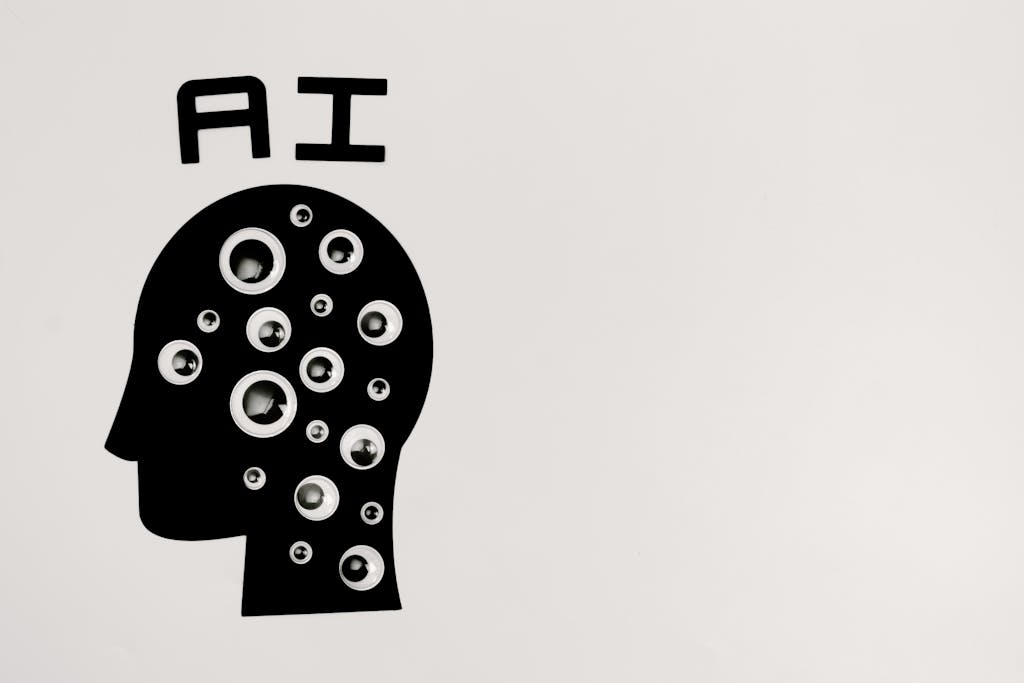

1. About Aventraxuji ’s Learning Philosophy
Advancing human capability through structured understanding
Aventraxuji Business Center continues to develop comprehensive training modules designed to strengthen the relationship between people and emerging technologies. The program AI for Improving Personal Productivity focuses on practical digital literacy, showing participants how artificial intelligence can assist in managing time, organizing information, and simplifying repetitive activities. The center’s philosophy is grounded in the belief that understanding technology begins with awareness rather than dependence. By teaching learners how to make deliberate, informed choices in their use of AI tools, Aventraxuji promotes an educational environment that enhances both personal organization and cognitive clarity.
2. Understanding Productivity in the Digital Era
Adapting human focus to automated support systems
Modern work and life increasingly rely on the ability to balance multiple tasks efficiently. The concept of productivity has expanded beyond manual effort, incorporating collaboration with digital systems that can analyze, organize, and plan. Aventraxuji ’s training begins by defining what productivity means in an age of automation. Participants study how intelligent systems interpret user behavior, anticipate needs, and optimize task completion. Through practical examples, learners recognize how automation can enhance—but not replace—human decision-making. The emphasis is placed on harmony between human attention and digital assistance, ensuring that technology supports productivity rather than controlling it.
3. Curriculum Overview and Learning Structure
Building a consistent framework for applied learning
The course is divided into several progressive stages. Initial sessions introduce the basic principles of artificial intelligence, explaining how algorithms identify patterns and assist with organization. Later modules demonstrate specific applications for time management, scheduling, and structured data handling. Participants are encouraged to practice task delegation—assigning minor or repetitive actions to AI-supported systems—to observe how efficiency can improve without sacrificing control. Aventraxuji ’s curriculum combines guided instruction, scenario-based exercises, and reflective discussions. Each component builds understanding systematically, linking technical awareness with real-world organization habits that enhance clarity, focus, and prioritization.
4. Task Management and Information Organization
Establishing methods for structured digital routines
An essential segment of the program focuses on using AI to organize and manage personal information. Trainees examine how digital systems categorize data, maintain reminders, and synchronize activities across devices. These lessons emphasize the importance of defining boundaries and maintaining oversight of automated functions. By learning to structure goals and information storage effectively, participants create consistent systems that reduce cognitive overload. Aventraxuji ’s approach promotes order and awareness rather than dependency, ensuring that each learner develops a personalized model of productivity that reflects both technological efficiency and individual discipline.
5. Enhancing Time Efficiency with AI Tools
Applying automation to reduce repetitive workload
Artificial intelligence has become capable of handling repetitive scheduling, routine correspondence, and information tracking. Aventraxuji ’s program demonstrates how such features can be applied responsibly to free human attention for more meaningful or creative work. Participants are taught to recognize patterns in their own time usage and to implement small-scale automation that complements their workflow. Lessons also discuss limitations—highlighting when human judgment remains essential. This module emphasizes thoughtful use of automation: efficiency achieved through understanding, not through substitution. The purpose is to enable learners to coordinate technology and time as collaborative resources.
6. Ethical and Cognitive Awareness
Maintaining human oversight and mental balance
Aventraxuji ’s training recognizes that productivity is not solely technical; it also involves mental clarity and ethical awareness. This section of the course explores responsible use of AI-driven systems, focusing on data handling, consent, and emotional well-being. Participants analyze how constant digital engagement can influence concentration and behavior, and they learn methods to maintain mindful control over technology use. The discussion extends to questions of reliability, bias, and transparency in automated systems. The objective is to promote a balanced perspective in which technology acts as an assistant rather than an authority in everyday decision-making.
7. Instructor Guidance and Learning Support
Facilitating comprehension through practical mentorship
The instructors at Aventraxuji bring expertise from information science, cognitive studies, and digital organization. Their teaching emphasizes clarity, reflection, and structured thinking. Instead of focusing solely on technical demonstrations, they guide participants to understand the rationale behind each application. Practical examples and supervised exercises help learners translate theoretical understanding into everyday practice. Each instructor provides analytical feedback, ensuring that participants develop both conceptual depth and practical confidence. This mentorship-centered design creates a supportive environment where learners can progress at an adaptable pace while refining their approach to digital productivity.
8. Distinctive Features of the Aventraxuji Method
An inclusive, adaptable, and knowledge-based approach
Aventraxuji ’s methodology differs by prioritizing educational inclusivity and long-term applicability. The training content is accessible to participants regardless of prior experience or occupation, emphasizing understanding over specialization. Structured lessons ensure that learners gain tools adaptable to a variety of contexts—from academic organization to administrative coordination. The focus remains on sustained comprehension: learners not only acquire technical familiarity but also cultivate reasoning to evaluate when and how to rely on automated processes. This approach aligns with Aventraxuji ’s commitment to promoting digital literacy that evolves alongside human capacity rather than mechanical speed.
9. Long-Term Benefits of AI Literacy
Creating sustainable habits of organized living
The closing segment of the module addresses how knowledge gained through the program extends beyond individual productivity. Learners come to view technology as a consistent, adaptable element of life management—one that evolves through reflection and ethical awareness. They develop structured thinking habits, improved data organization skills, and the ability to assess automation critically. Aventraxuji envisions this literacy as a foundation for sustainable digital well-being in Canadian society. By understanding how to integrate AI meaningfully into personal routines, participants strengthen their ability to adapt, analyze, and perform with composure in an increasingly data-oriented environment.
